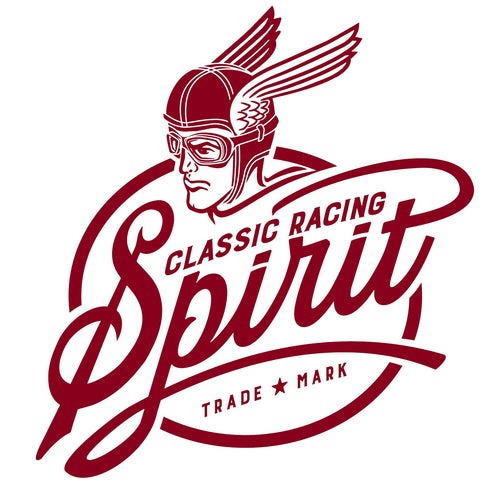After Sir Malcolm Campbell died on New Year’s Eve 1948, one of the few speed record holders of his era to die of natural causes, his son Donald took up the challenge. Using his father’s K4 powerboat, now renamed Bluebird (without the space), he began speed record attempts on Coniston Water.
Despite repeated efforts, including converting the boat to ride on the propellers to reduce drag, he couldn’t match American Stanley Sayers’s increasing record speeds. Bluebird K4 was wrecked during the last of these trials after suffering structural failure at 170 mph.
In 1953, after fellow Briton John Cobb was killed trialling a turbojet-engined hydroplane, Donald started to develop his own all-metal, jet-powered boat. The Bluebird K7 was another three-point hydroplane, with the main central fuselage and two outrigger sponsons at the front, resembling a blue lobster. Between 1955 and 1964, Campbell set no fewer than seven world water speed records in a constantly evolving Bluebird K7, increasing the record from 202.32 mph up to 276.33 mph.
During this time, Donald also set about securing a land speed record and by 1960 had completed the build of the Bluebird-Proteus CN7, the first jet turboshaft-powered land speed record car. In 1960, during a high-speed attempt at Bonneville Salt Flats, Campbell crashed suffering a fractured skull and ruptured eardrum, as well as cuts and bruises. CN7 was severely damaged, requiring a rebuild.
He tried again in 1963 at Lake Eyre - another dried salt lake - in central Australia. This time torrential rain, which hadn’t been seen there for 20 years, put paid to the attempt. The following year, the lake bed still hadn’t quite returned to its previous condition but Campbell did manage to set a world record speed for 4-wheeled vehicles of 403.10 mph - way short of the 500 mph he had hoped for. However, with his 1964 water speed record achieved on the last day of 1964, Donald Campbell did become the first and (so far) only person to break both records in the same year.
In 1966, whilst seeking funds to build a rocket-powered car - Bluebird Mach 1.1, Campbell fitted a lighter and even more powerful jet engine to his K7 boat. In a bid to emulate his father who was the first to hit the milestone speed on land, Donald targeted 300 mph - and by the end of the year he had solved the main teething problems and was ready for the run.
On 4 January 1967, on Coniston Water, Donald Campbell’s first run through the measured kilometre had averaged 297.6 mph but he was clocked at over 310 mph at the finish marker where observers also noted a slight lifting of the boat’s bows. Turning immediately for the return run, Campbell accelerated up to 328 mph where the craft bounced and then rapidly slowed as it hit the surface. The engine flamed out and, now lacking thrust to keep the nose down, the boat started to glide across the water before becoming completely airborne and somersaulting back to the surface where it cartwheeled before coming to rest and sinking.

Among the floating wreckage was Donald’s teddy bear mascot ‘Mr Whoppit’ but although divers found the remains of the K7, Campbell’s body wasn’t located until 2001, some 34 years later, whereupon it was determined that he had died instantly as the boat hit the surface after the back flip.
Immortalised by his early death, Donald Campbell became a national hero and was posthumously awarded the Queen’s Commendation for his courage and determination in attacking the world water speed record.
Between father and son, the Campbells had set 10 outright world speed records on land and 11 on water and also spawned further generations of speed record holders. Sir Malcolm Campbell’s grandchildren, Gina Campbell (daughter of Donald) and Don Wales (son of Jean) have both achieved world speed records.
Gina was a powerboat racer and broke the women’s water speed record twice in the Agfa Bluebird. Don currently holds the speed record for a steam-powered car over a measured kilometre and hopes to contest the electric-powered record in Bluebird Electric 2 with his son Joe.
No other family embodies the relentless pursuit of speed quite like the Campbells and, with their blessing, we will be saluting their classic racing spirit with a range of Bluebird gins and sculptures.
